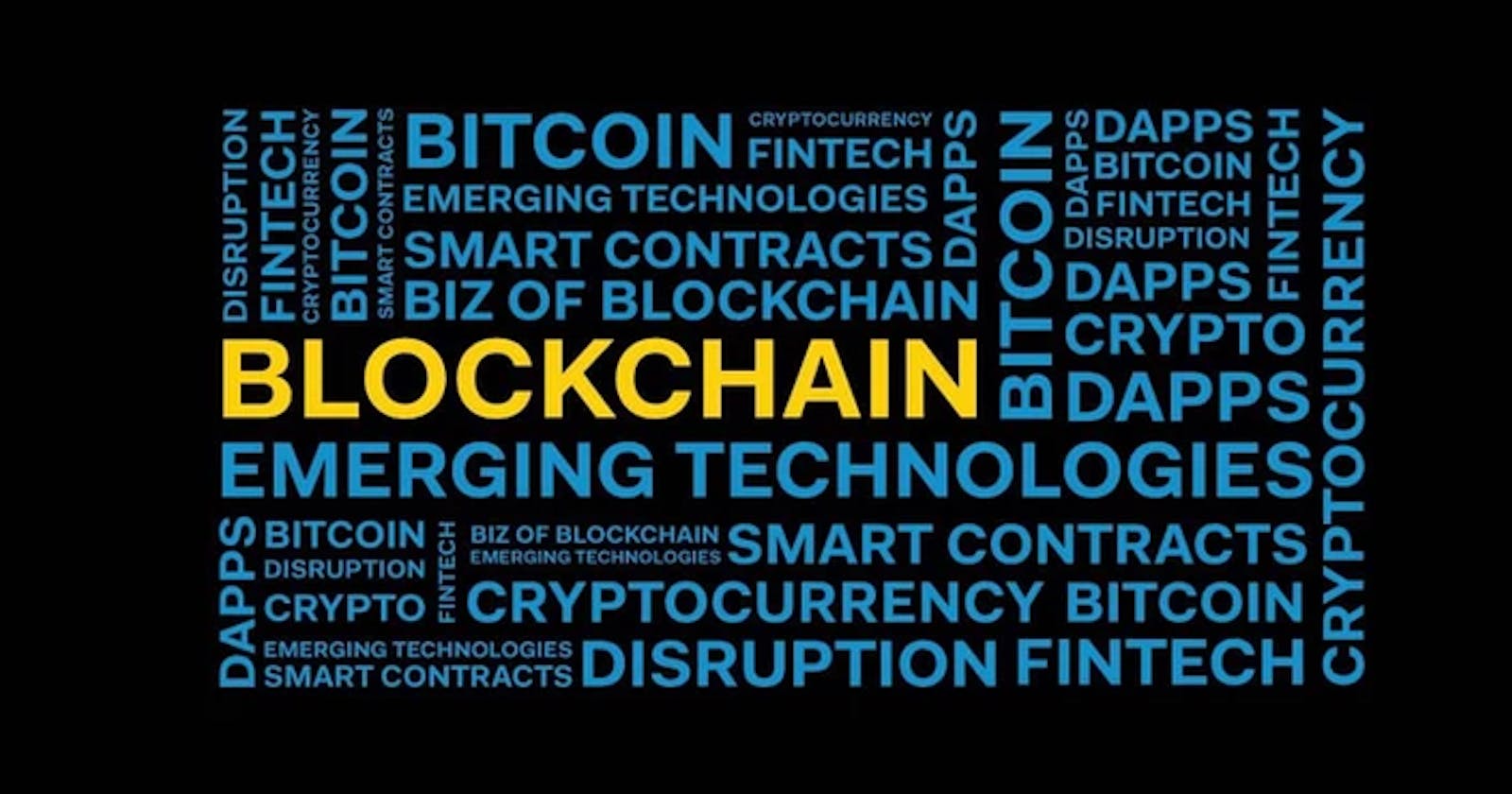As we know, the internet as we know it is changing before our eyes. Web 3.0 is the next step in the web's growth. If you are breaking into web3, all the new vocabulary can be a little intimidating. In this post, we will go over some common terminology used in the web3 community.
Read my post about web3 by clicking here
Address
It can also be referred to as a wallet address or blockchain address. It is just like someone has a home and business address, a blockchain has an address to identify its location. It also can be where someone receives, sends, or holds their blockchain transactions.
Airdrop
This is the distribution of a specified amount of cryptocurrency, tokens, coins or a new NFT to plenty of wallet addresses for free. It is a popular way for NFT projects and social token creators to reward their community.
Altcoin
This is an alternative digital asset that is not bitcoin. different coins always want to distinguish themselves from Bitcoin by extending their capabilities and plugging their shortcomings.
Bitcoin
This is a decentralized digital currency and the most popular brand of cryptocurrency. There are no physical bitcoins, bitcoin uses cryptography to keep it secure. Ownership is recorded on a public ledger (blockchain) that everyone can access, though each record is encrypted.
Blockchain
This is a distributed database shared among the nodes of a computer network. As a database, a blockchain stores information electronically in digital format. Blockchains are best known for their role in cryptocurrency for maintaining a secure and decentralized record of transactions.
Burn
This is the process where miners and developers permanently remove cryptocurrency coins from circulation. They send the coins to specialized addresses whose private keys are not accessible, thus making the coins inaccessible for further trading.
Cryptocurrency
Cryptocurrency, sometimes called crypto, is any form of digital currency that can be used as a medium of exchange. Cryptos don't have a central issuing or regulating authority instead, they use a decentralized system to record transactions and issue new units.
Crypto wallet
A crypto wallet is a device, physical medium, program or service which stores the public and/or private keys for cryptocurrency transactions. It allows users to engage and interact with blockchain networks directly. Some popular are Coinbase, Exodus, and BlockFi.
Crypto wallets can be hardware or software
DAO - Decentralized Autonomous Organization
A DAO is a governance structure for web3 projects. Think of them like an internet-native business that's collectively owned and managed by its members. DAOs usually have a governance token that allows holders to anonymously vote on which direction a project should go and what developments will be made.
DAOs are an effective and safe way to work with like-minded folks around the globe.
DApp - Decentralized application
They are digital applications that run on a blockchain network of computers instead of relying on a single computer. Since DApps are decentralized, they are free from the control and interference of a single authority. read my full post about DApp here
Degen
short for “degenerate,” usually refers to people who make risky and bad bets. In the crypto space, it can refer to people who invest in digital assets like NFTs without doing due diligence.
Eth
It is an abbreviation for Ethereum cryptocurrency. Ethereum is a blockchain network with a decentralized public ledger for verifying and recording transactions. Its currency is Ether (ETH).
Etherscan
Etherscan is a program that allows you to see information about any Ethereum blockchain transactions that are either pending or confirmed. Because Ethereum is a public, open blockchain, every interaction with it is documented in the transaction history, which is visible to anybody.
Exchange
A platform on which to buy and sell cryptocurrency. Users can trade one crypto for another or buy crypto using traditional currency. Exchanges also can convert cryptocurrencies into US dollars or other government-backed currencies to be deposited into a traditional bank account.
Fiat currency
This is the paper/coin currency of the government or region, typically declared as legal tender.
Floor
When used as floor-price, this is the lowest price to buy an NFT on the secondary market. It’s the most popular metric for tracking an NFT collection’s performance over time and comparing it to others.
Forks
An update in the network protocol (the open-source software that runs blockchains). A soft fork is a minor upgrade to the software and typically means nothing to users. A hard fork is a major change to the network and requires users/miners to update to the latest software to continue mining. If developers decide they do not like a blockchain’s direction, they can do a hard fork and create a new coin.
Gas and Gas fees
These are the transaction fees that users pay to miners on a blockchain protocol to have their transactions included in the block. The system works on a standard supply-and-demand mechanism. If there is more demand for transactions, miners can choose to include different levels of transactions, compelling users to pay more to have their transactions processed quickly and efficiently.
GM
Good morning; common greeting used in Web3 and crypto communities.
Stay tuned for more

